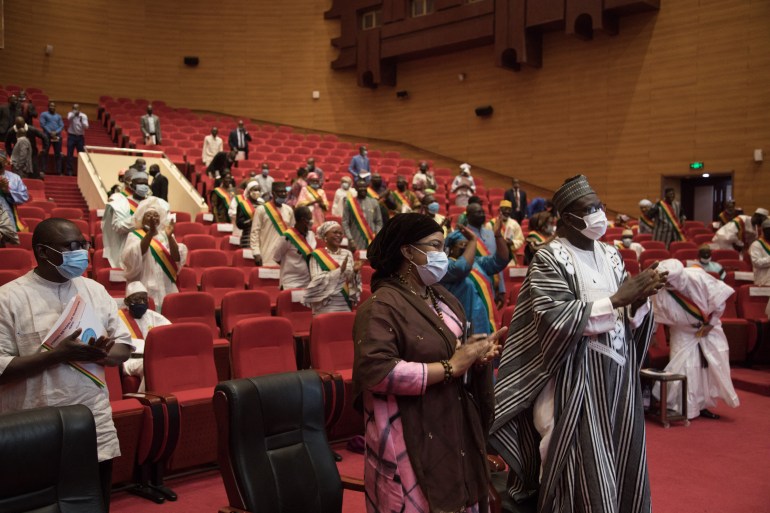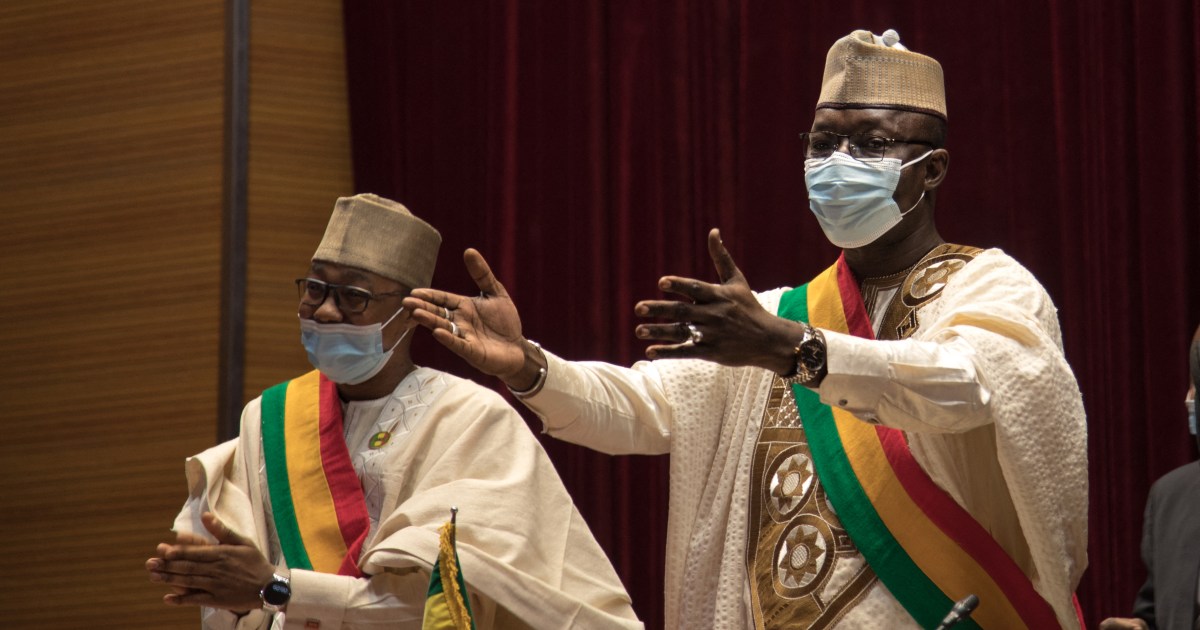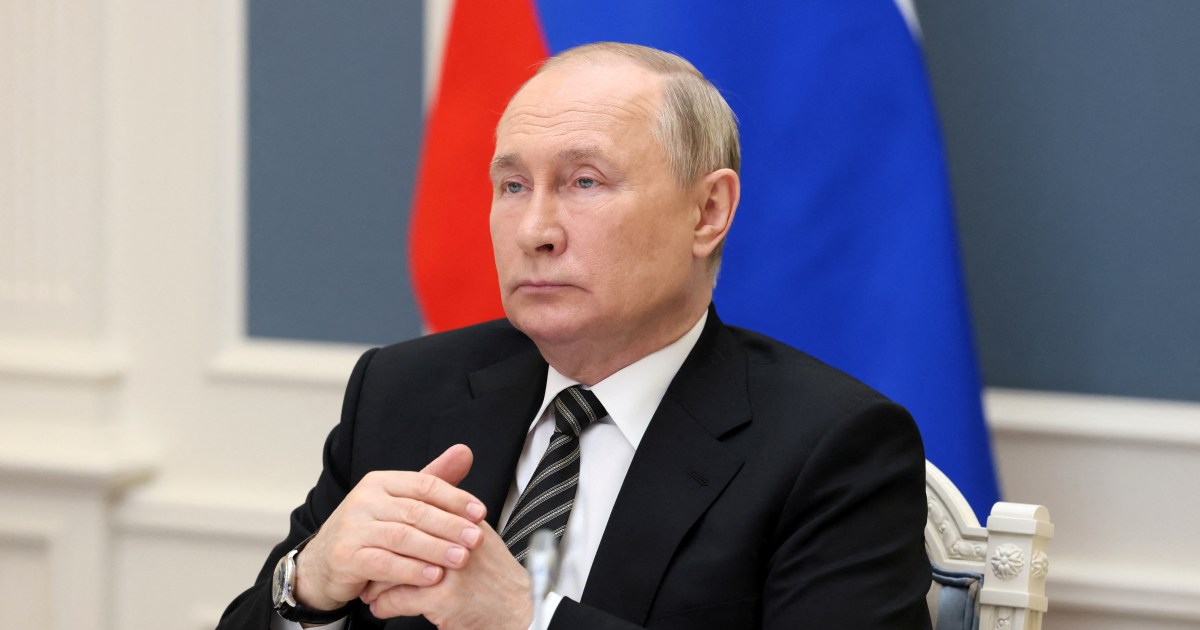Mali parliament approves five-year democratic transition plan
The 121-seat army-dominated interim parliament voted to allow the military government to rule for up to five years.
Mali’s lawmakers on Monday approved a plan allowing the military government to rule for up to five years, AFP journalists said, despite regional sanctions imposed on the country over delayed elections.
The army-dominated legislature also decided that the country’s interim president cannot stand for a future democratic election, as part of the same bill.
After staging a coup in the impoverished Sahel state in August 2020, Mali’s military rulers initially promised to stage a vote in February 2022.
But in December last year, the military government proposed staying in power for between six months and five years, citing security concerns.
In response, the Economic Community of West African States (ECOWAS) last month imposed a trade embargo and closed its borders with Mali. The bloc has called the potential length of the transition unacceptable.
 Members of the National Transitional Council give a standing ovation to the military president and military government representative, Malick Diaw, in Bamako on February 21, 2022 [Florent Vergnes/AFP]
Members of the National Transitional Council give a standing ovation to the military president and military government representative, Malick Diaw, in Bamako on February 21, 2022 [Florent Vergnes/AFP]On Monday, 120 members of Mali’s 121-seat interim parliament, called the National Transitional Council, voted to allow the military government to govern for up to five years.
It also voted to forbid the interim president from standing for future election.
Of the lawmakers attending the vote, none voted against the bill or abstained, AFP journalists present said.
Withdrawal of French troops
The bill does not mention Mali’s interim President Colonel Assimi Goita by name – leaving open the possibility that he could run if he steps down ahead of a future election.
Nor does the bill mention on what date a future election might be held.
Goita has pledged to restore civilian rule, but he has refused to commit to a date.
Tensions with the military government contributed to France’s announcement last week that it was withdrawing its troops, which are deployed under the Barkhane force to fight armed groups in the Sahel, from Mali.
The landlocked nation of 21 million people has struggled to contain a brutal armed rebellion that emerged in 2012, before spreading three years later to neighbouring Burkina Faso and Niger.
Across the region, thousands of soldiers and civilians have been killed and two million people have been displaced by the conflict, of which Mali remains the epicentre.
On Monday, ECOWAS stated that its mediator for Mali, former Nigerian President Goodluck Jonathan, will visit the capital Bamako on Thursday.




